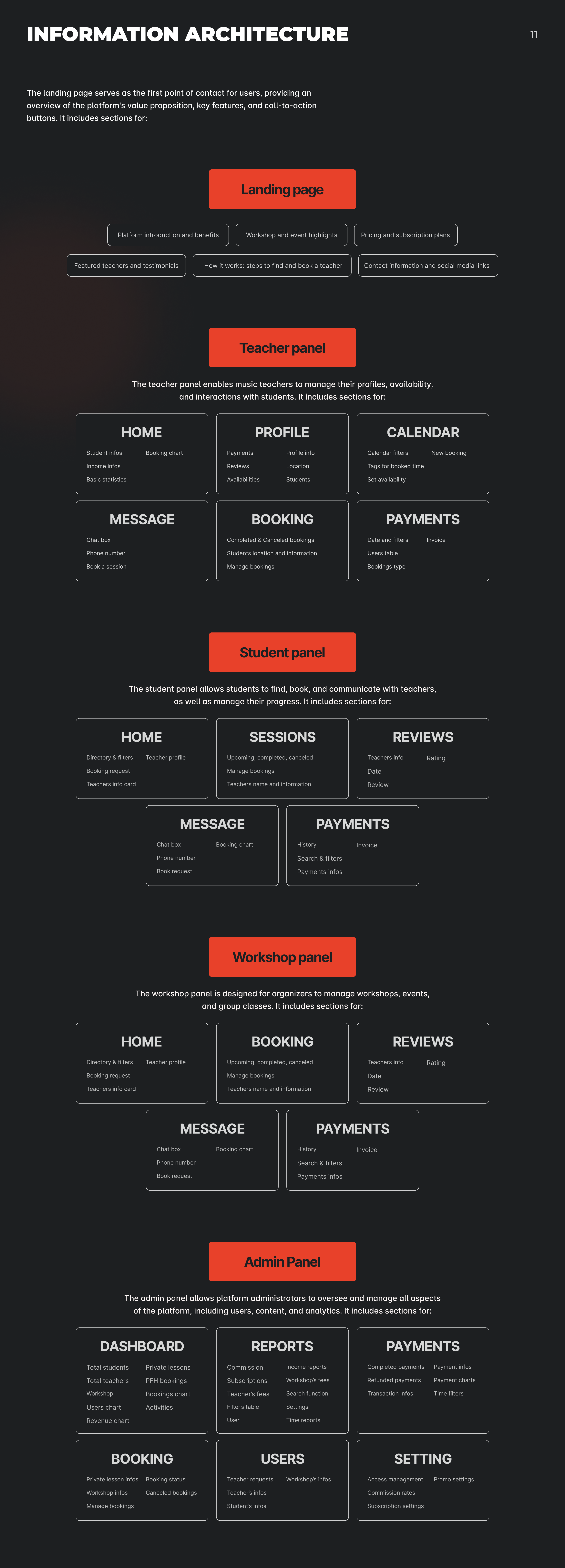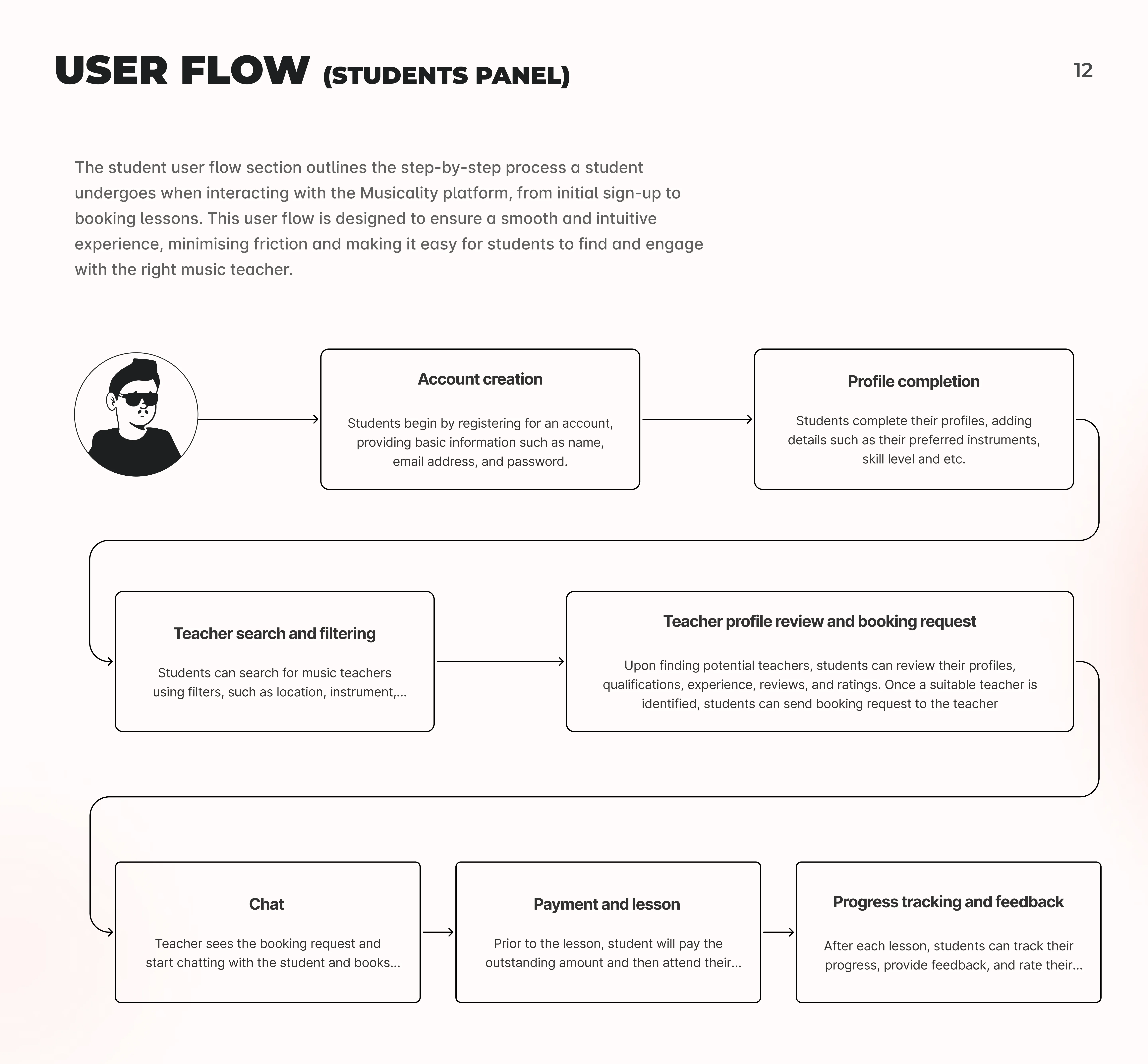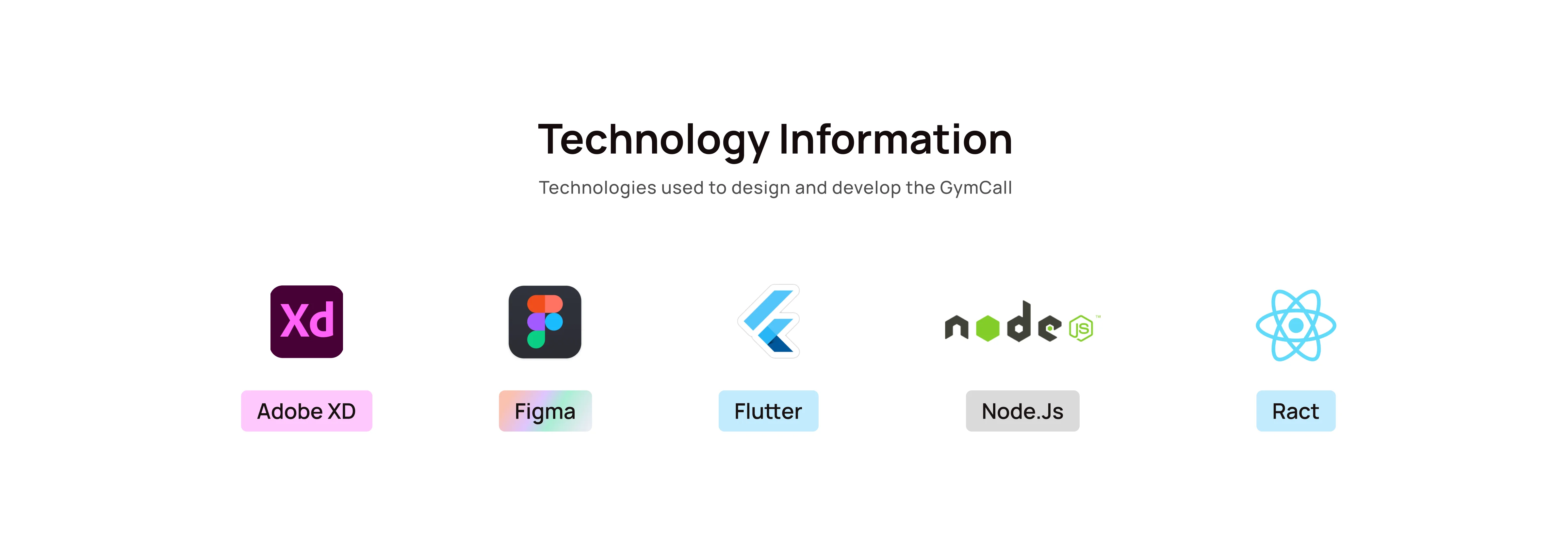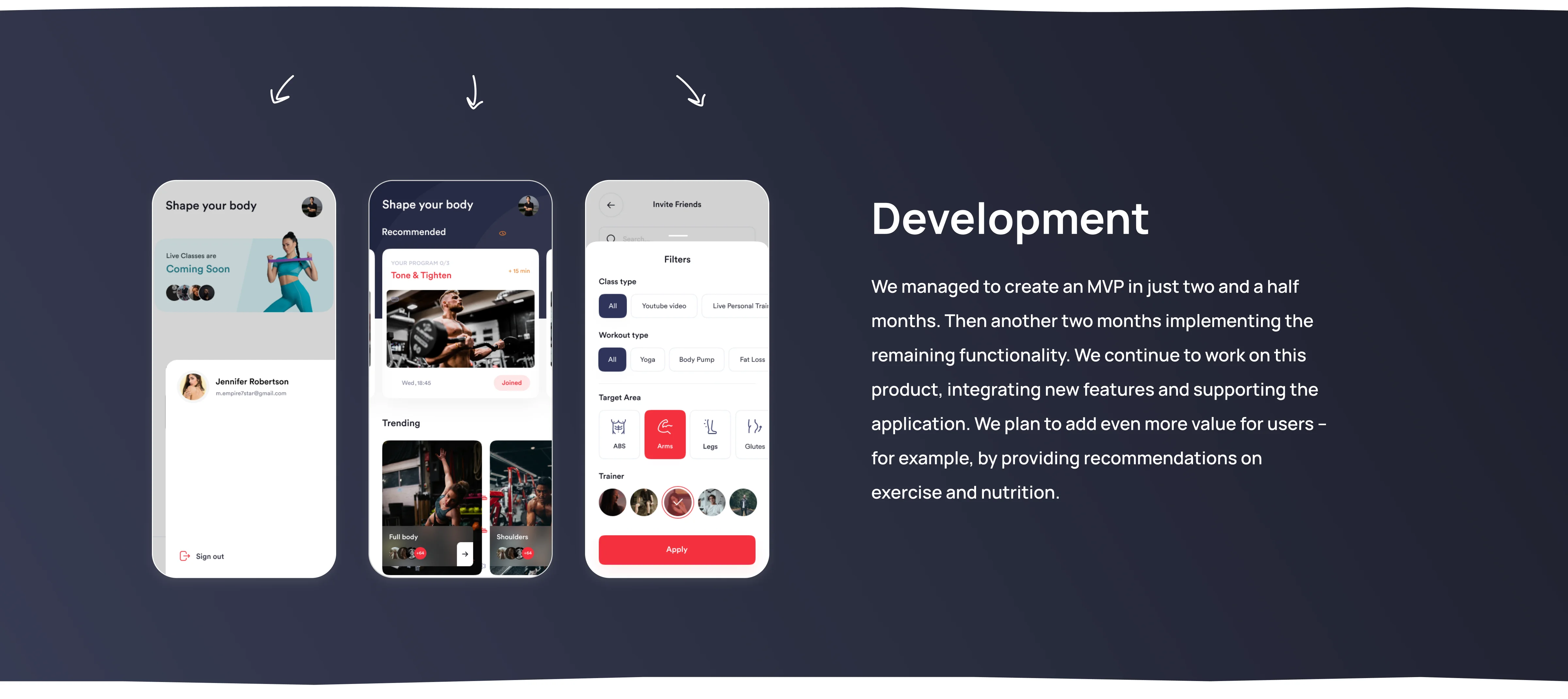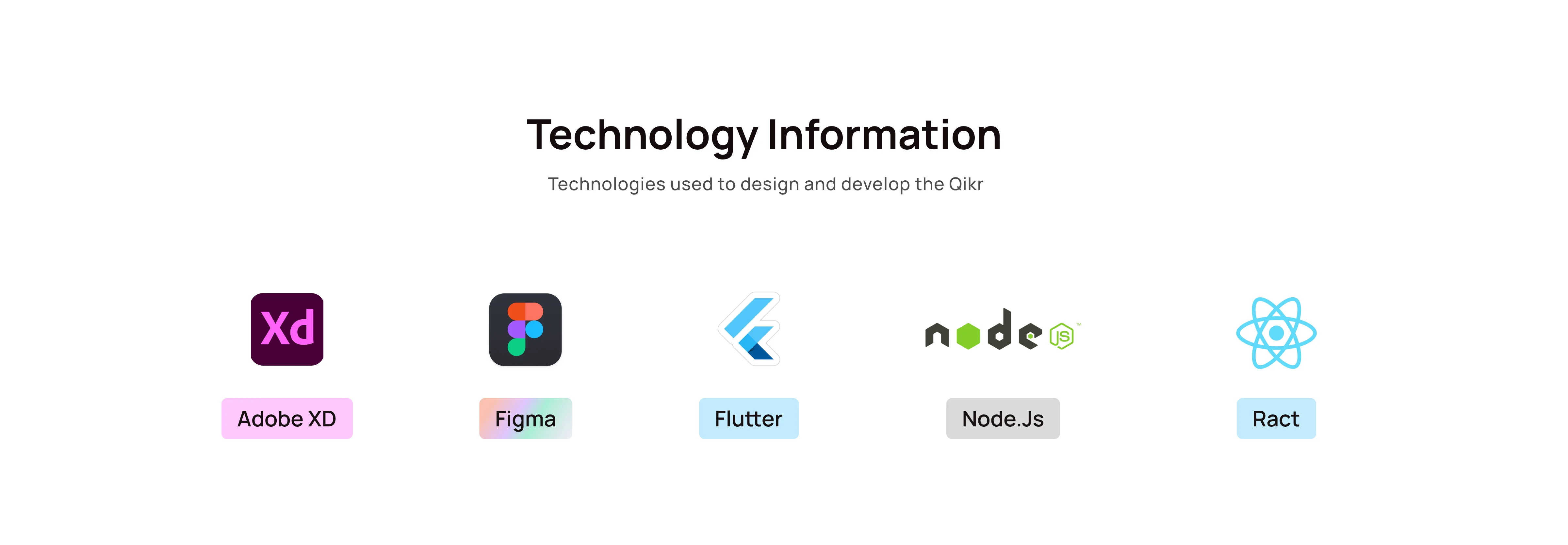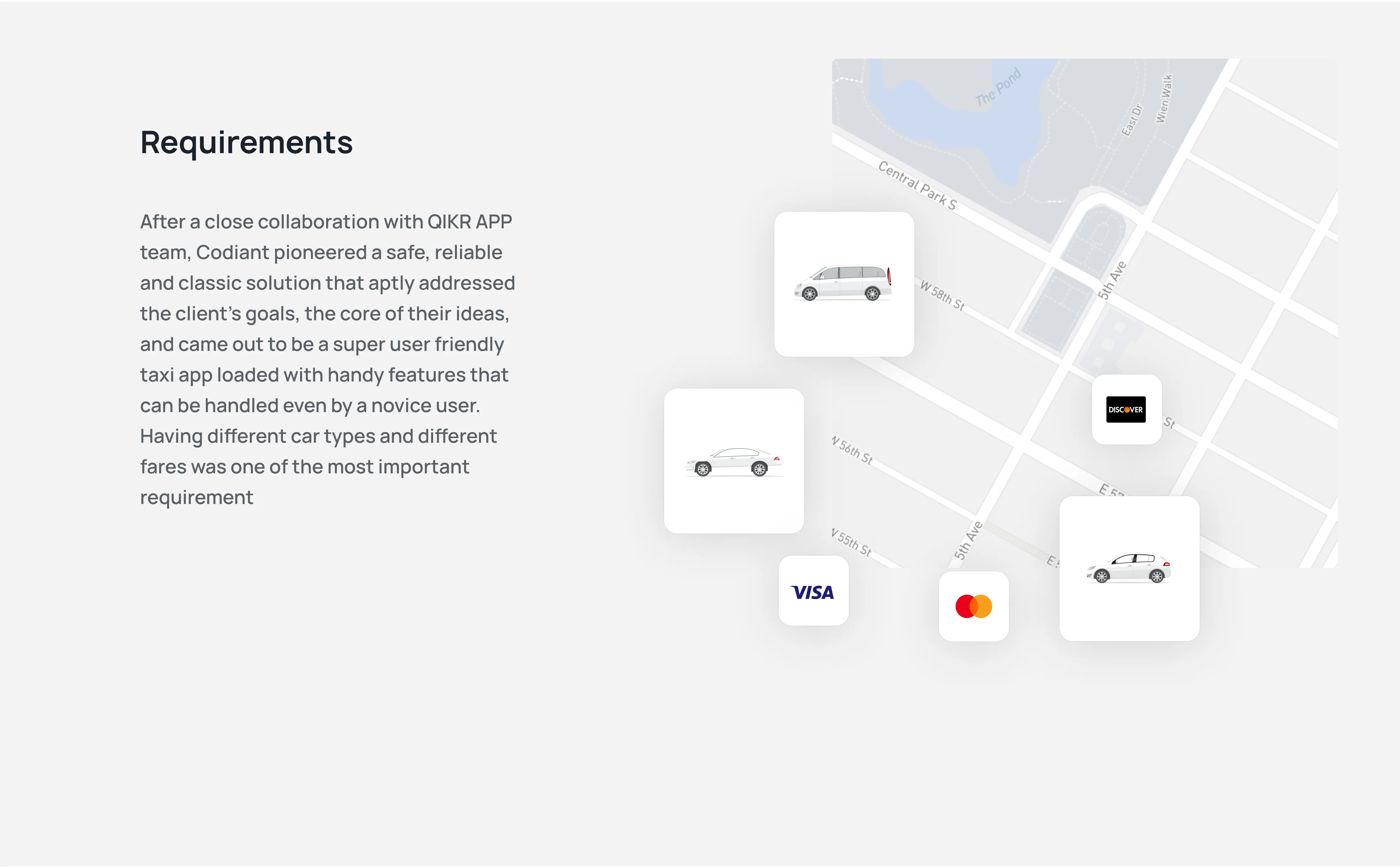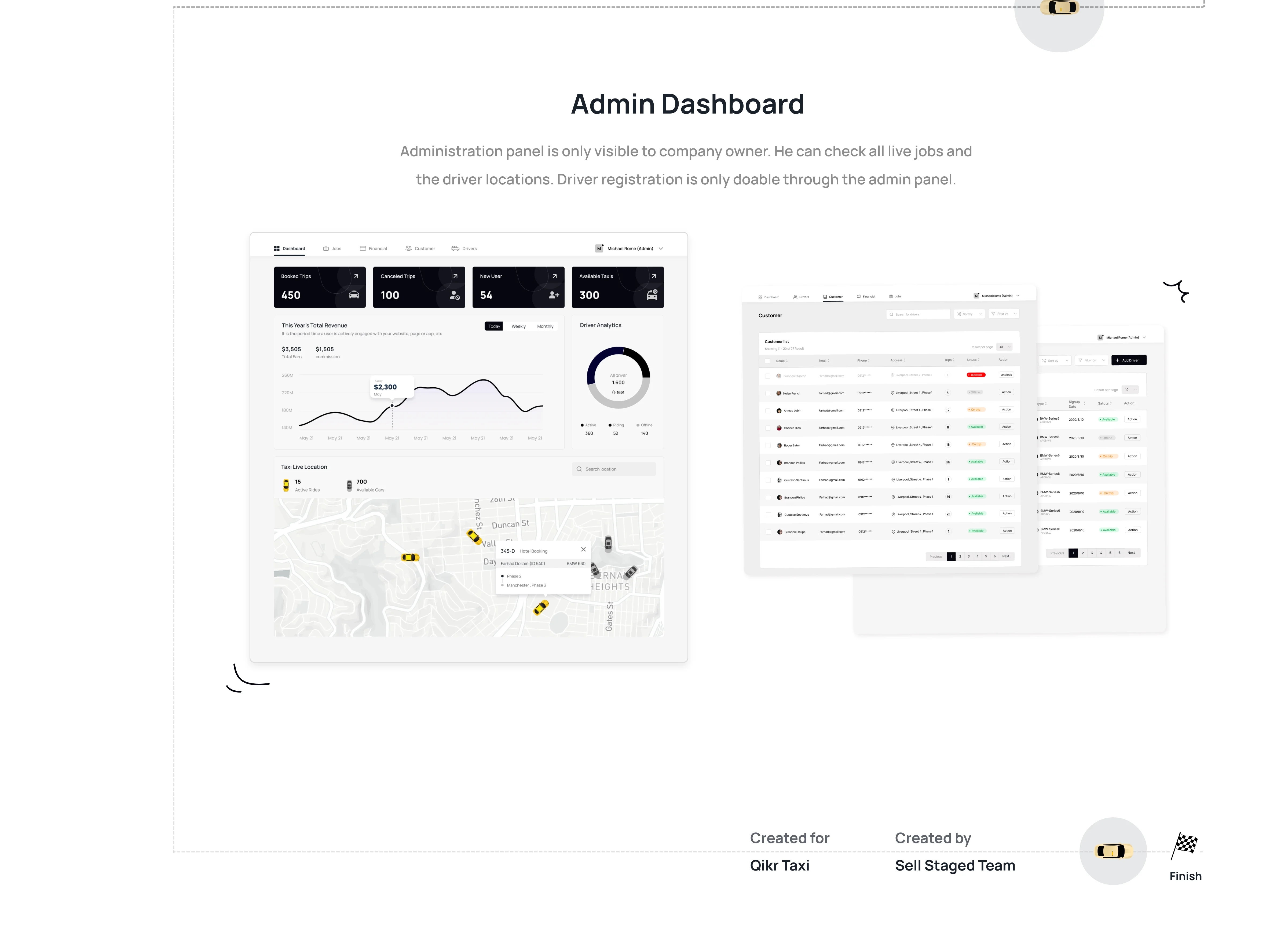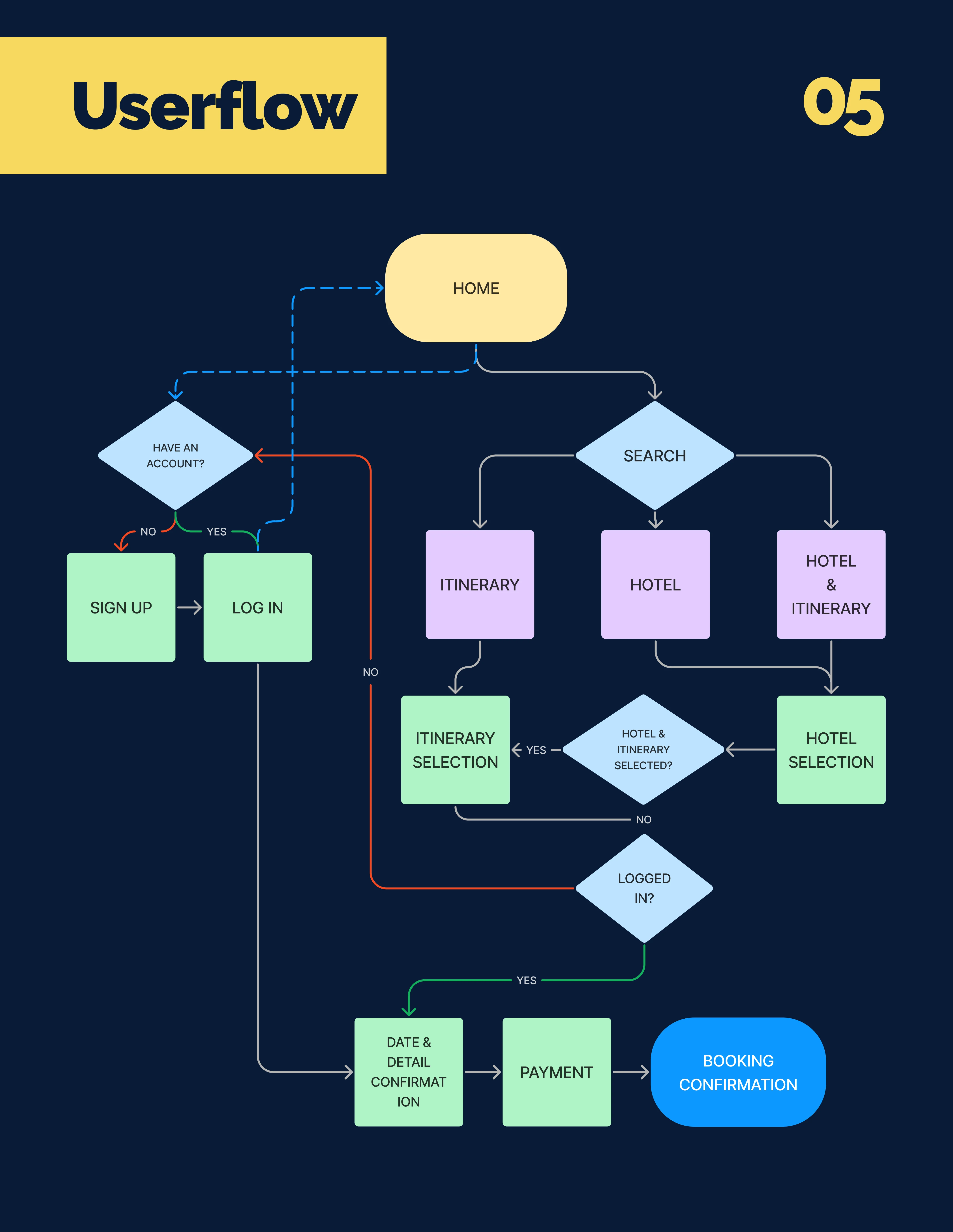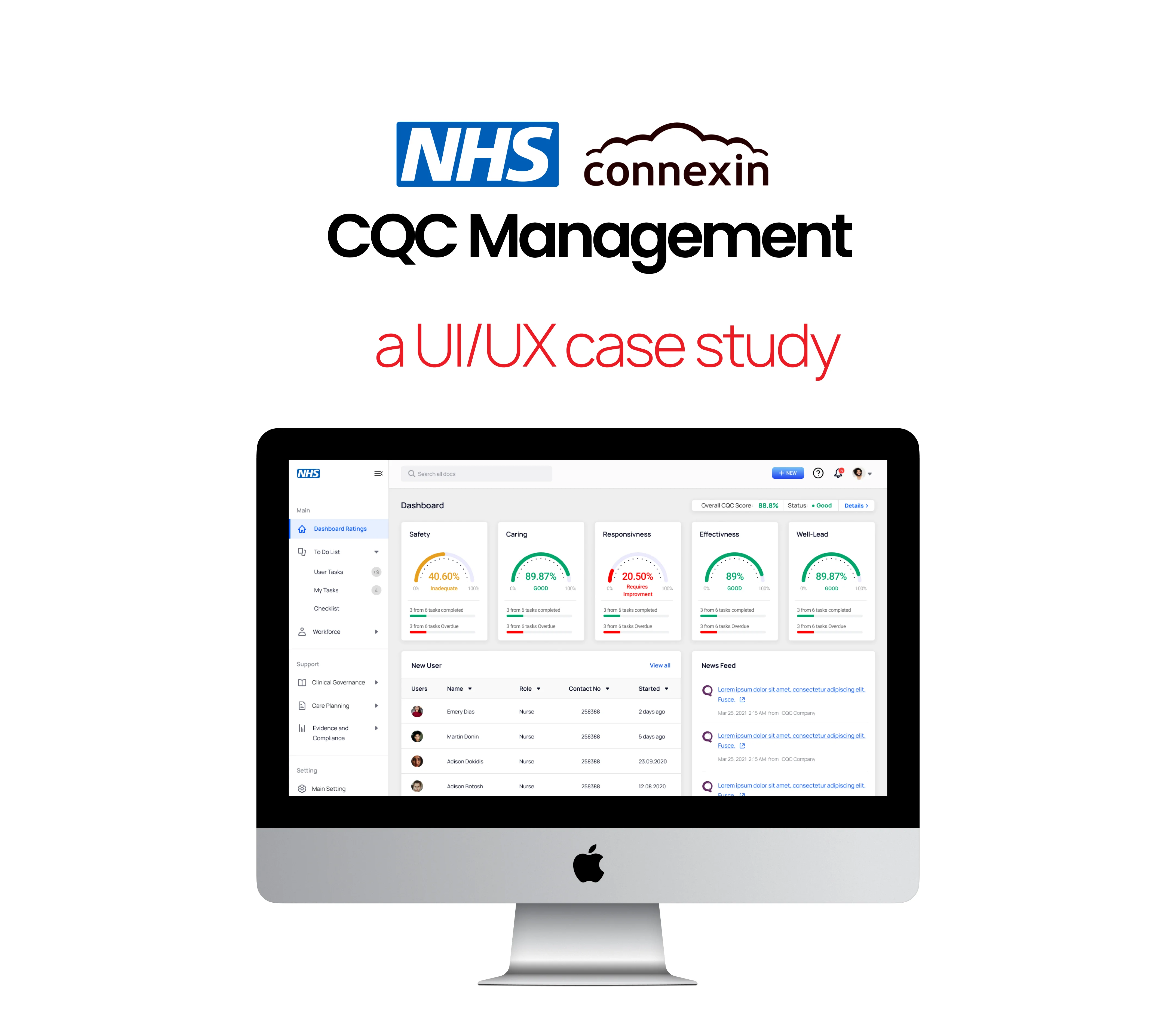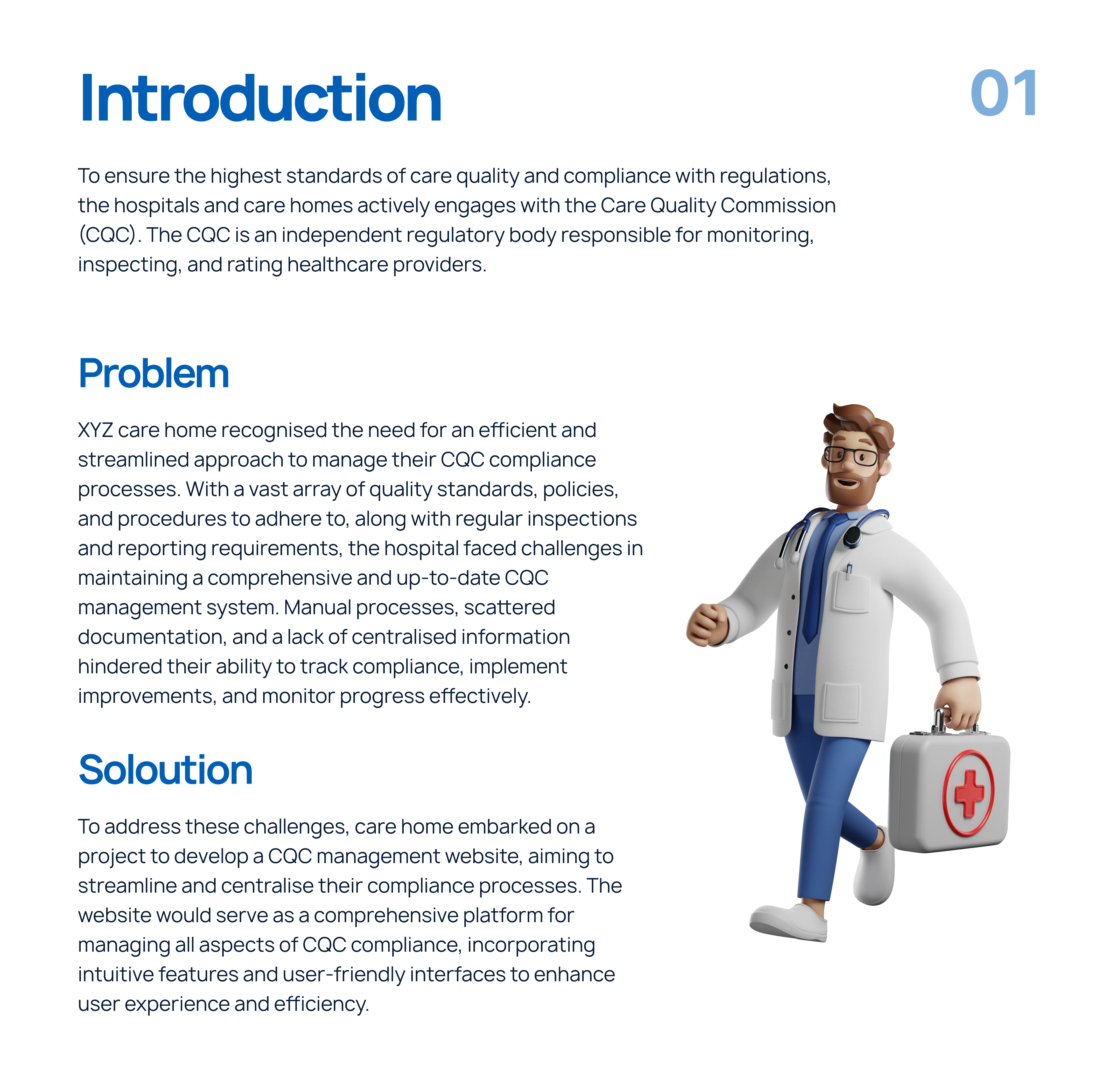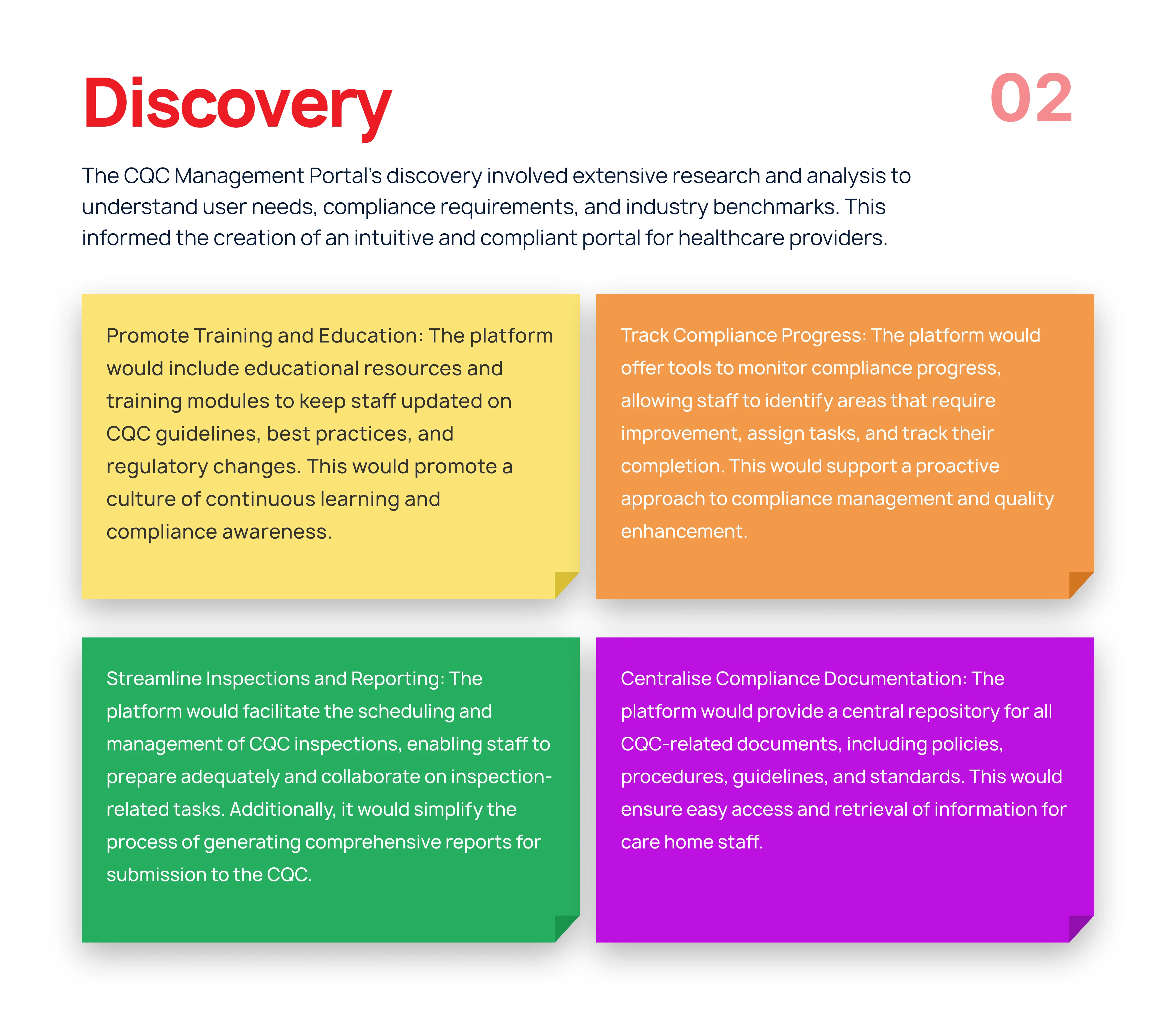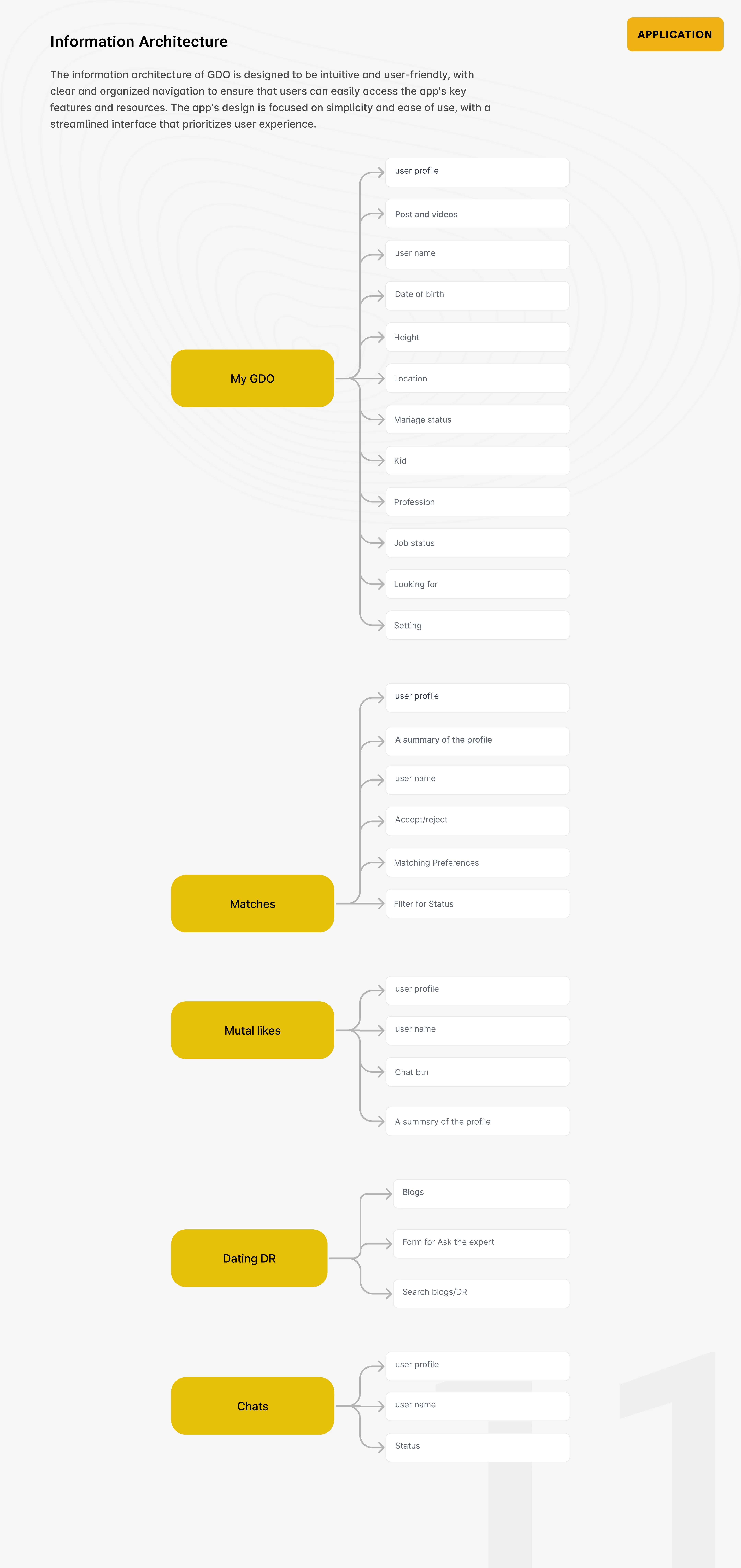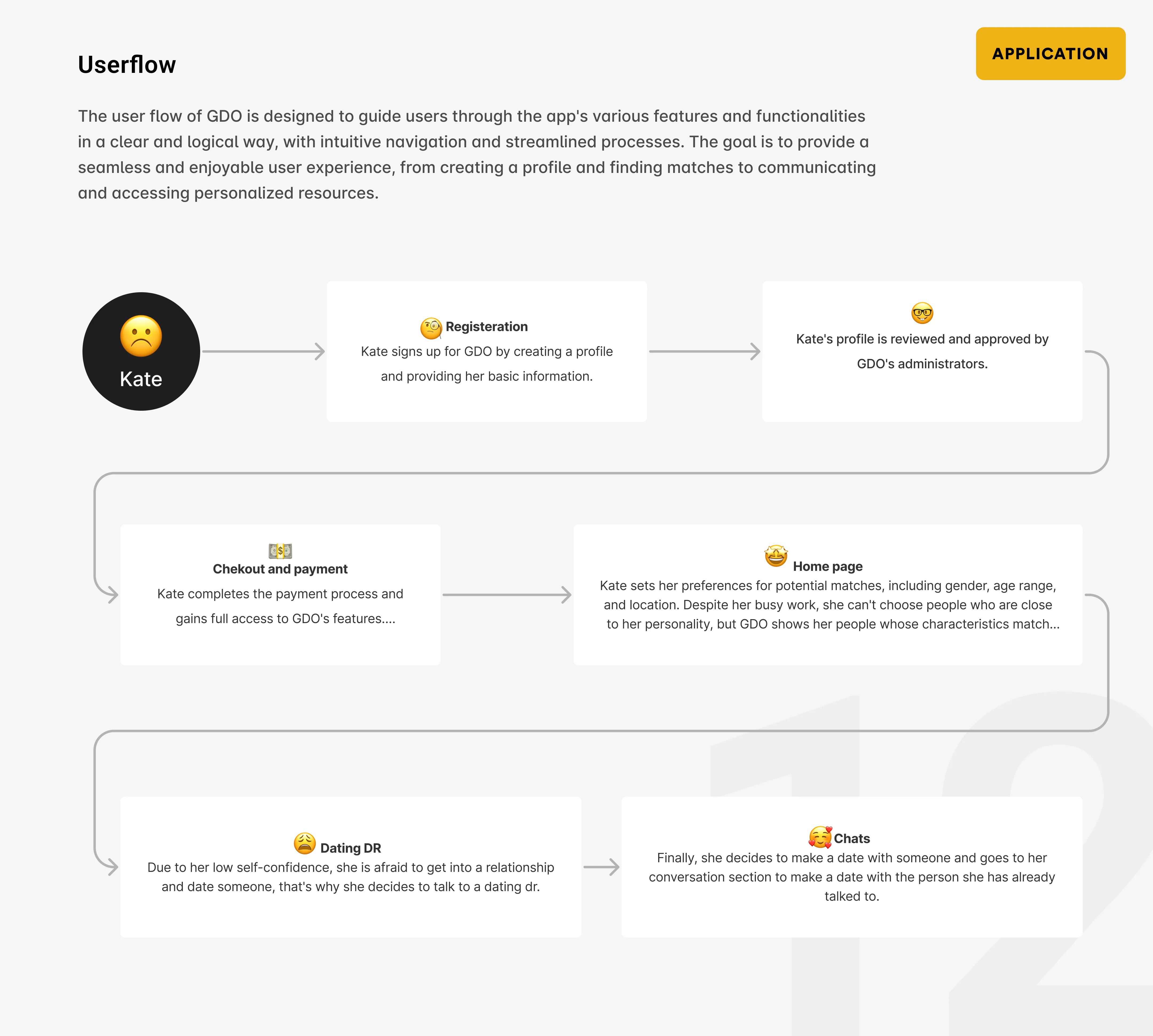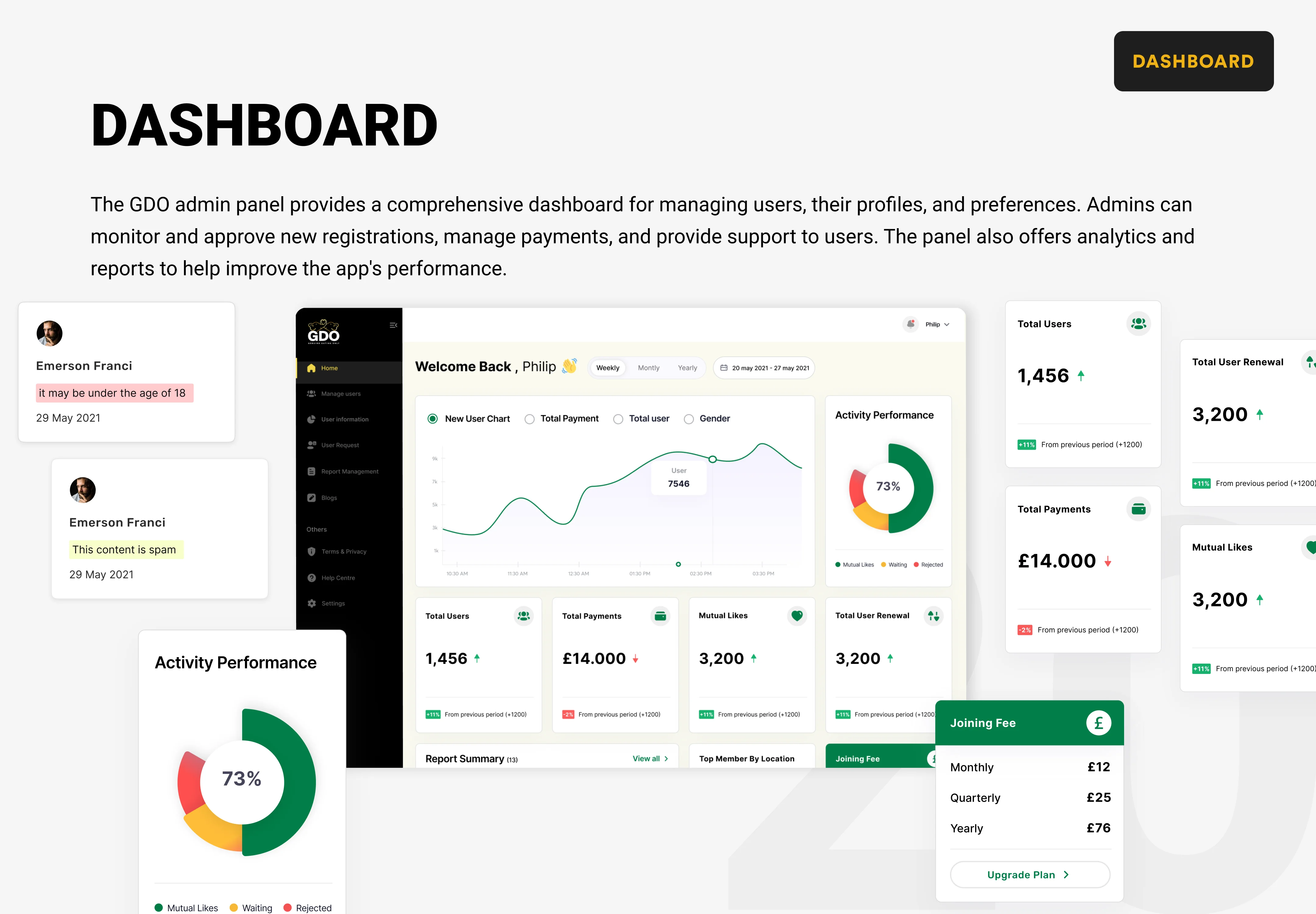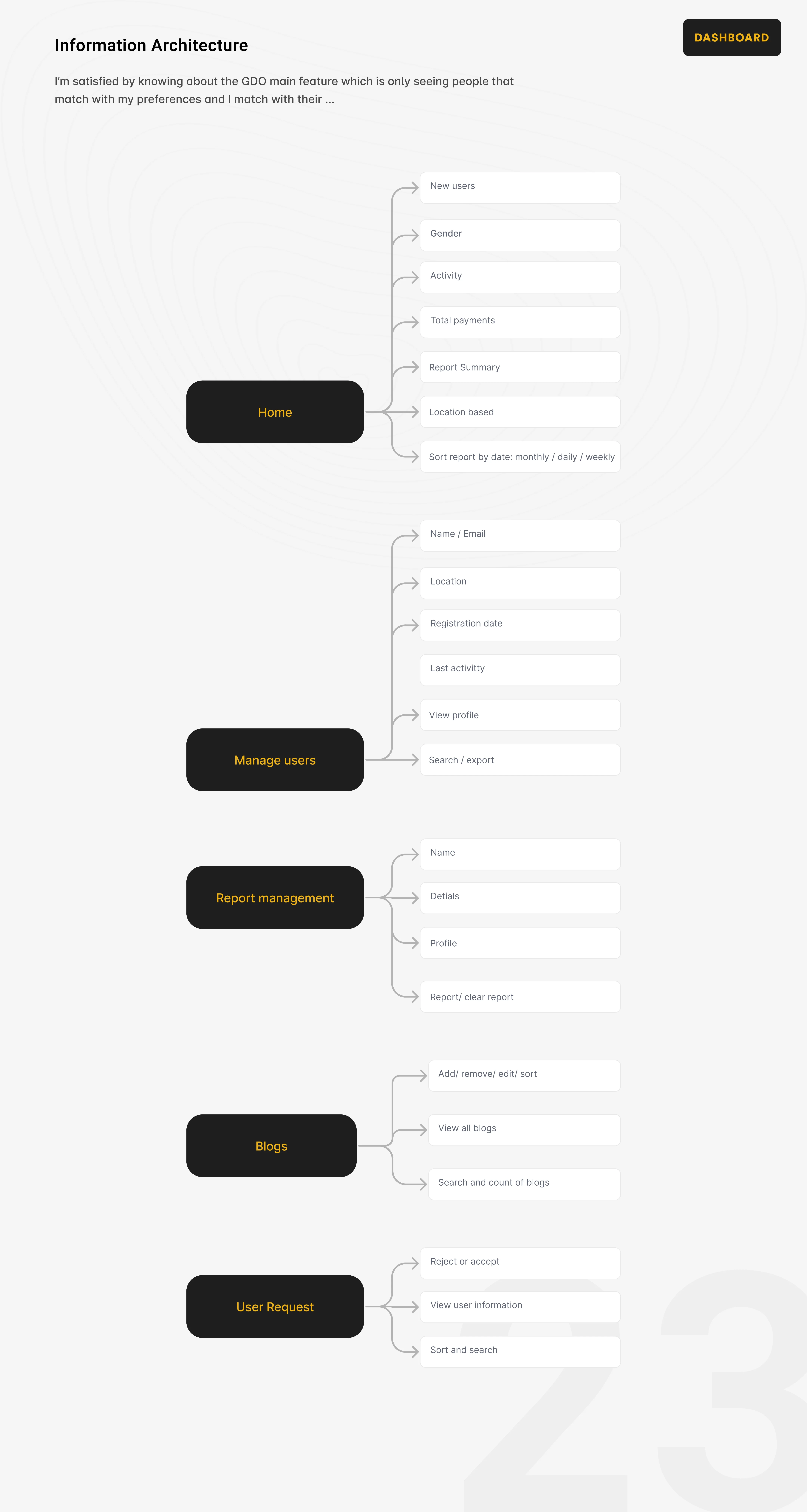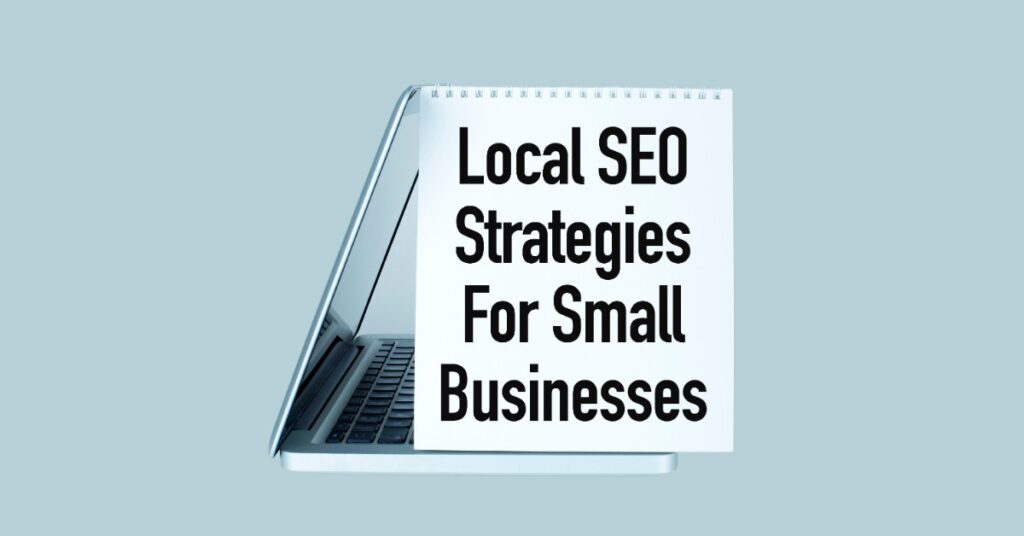
In today’s highly competitive business landscape, small businesses are constantly seeking effective strategies to stand out and attract more customers and you can not deny the importance of SEO for business. One such powerful tool that can significantly boost their online visibility and customer base is Local Search Engine Optimization (SEO). In this article, we will delve into the world of Local SEO and explore its immense potential for small businesses.
Understanding Local SEO
What is Local SEO?
Local SEO refers to the process of optimizing a small business’s online presence to attract geographically relevant customers. It involves using various strategies to ensure that the business’s website appears on search engine results pages (SERPs) when users search for products or services in a specific location. According to Search Engine Journal:
Local search engine optimization is a branch of SEO that focuses on optimizing a website to be found in local search results.
Importance of Local SEO for Small Business
Local SEO is essential for small businesses because it helps them connect with potential customers in their vicinity and its an important part in SEO strategies for small businesses. When users search for local products or services, Google and other search engines provide results based on the user’s location. By implementing Local SEO strategies, small businesses can improve their chances of appearing in these localized search results.
Key Elements of Local SEO

Google My Business
Google My Business (GMB) is a free tool provided by Google that allows small businesses to manage their online presence across Google’s services, including Google Search and Google Maps. By claiming and optimizing their GMB listing, businesses can provide crucial information such as their address, contact details, business hours, and website.
Local Keywords
Identifying and targeting local keywords is vital for small businesses aiming to rank high in local search results. Using location-specific keywords in website content, meta tags, and business listings can significantly improve a business’s visibility in local searches.
NAP Citations
NAP stands for Name, Address, and Phone number. Consistent NAP information across various online directories and platforms helps search engines verify the legitimacy and existence of a business, thereby boosting its local search rankings.
Online Reviews and Ratings
Customer reviews and ratings play a crucial role in influencing potential customers. Positive reviews not only build trust and credibility but also impact a business’s local search rankings. Encouraging customers to leave reviews and responding to them demonstrates a business’s commitment to customer satisfaction.
Local Link Building
Obtaining backlinks from reputable local websites and directories can significantly improve a business’s local search visibility. Local link building involves fostering relationships with local organizations, getting involved in community events, and creating valuable content that other local businesses and websites would want to link to. According to Ahrefs:
Local link building is the process of building contextually and/or locally relevant links to a business website. The goal is to drive traffic and users to the website and help those sites rank better for local searches and in relevant map packs.
Benefits of Local SEO for Small Businesses
Enhanced Online Visibility
Local SEO helps small businesses get noticed by customers who are specifically searching for products or services in their locality. By appearing in relevant local search results, businesses can increase their online visibility and attract potential customers.
Targeted Traffic and Leads
Local SEO allows businesses to target a specific audience based on their location. This targeted approach ensures that the traffic and leads generated are more likely to convert into paying customers.
Builds Trust and Credibility
When a small business ranks high in local search results, it instills confidence in potential customers. Positive reviews and high ratings further enhance a business’s credibility, leading to increased customer trust.
Competitive Advantage
By optimizing for local searches, small businesses can gain a competitive edge over larger competitors that may not focus as much on local targeting. Local SEO allows smaller enterprises to compete effectively in their local markets.
Cost-Effectiveness
Compared to traditional advertising methods, Local SEO is highly cost-effective. It offers a higher return on investment (ROI) as it specifically targets potential customers who are actively looking for the products or services offered by the business.
Implementing Local SEO Strategies

Optimizing Google My Business Listing
Claim and verify the GMB listing for your small business. Provide accurate and up-to-date information, including the business name, address, phone number, website, business hours, and categories.
Local Keyword Research
Conduct keyword research to identify relevant local search terms. Use tools like Google Keyword Planner and Google Trends to discover commonly used local keywords in your industry.
Consistent NAP Information
Ensure that your business’s NAP information is consistent across all online platforms and directories. Inconsistencies can confuse search engines and hurt your local search rankings.
Encouraging Customer Reviews
Request satisfied customers to leave reviews on your Google My Business listing and other review platforms. Respond to reviews, both positive and negative, in a professional and timely manner.
Local Content Creation
Create content that is relevant to your local audience. This can include blog posts, articles, and social media updates that address the needs and interests of your local customers. You can leverage AI for your small business in this process.
Measuring and Tracking Local SEO Success
Google Analytics
Use Google Analytics to track website traffic, user behavior, and conversions originating from local searches. Analyzing data helps identify areas for improvement and measure the success of local SEO efforts.
Google My Business Insights
Leverage the insights provided by Google My Business to understand how customers find your business and what actions they take after discovering it. This data can inform your local SEO strategies.
Ranking Reports
Regularly monitor your local search rankings for targeted keywords. Tracking rankings helps evaluate the effectiveness of your local SEO campaign and make necessary adjustments.
Conversion Tracking
Set up conversion tracking to measure the number of website visitors who take desired actions, such as making a purchase, calling the business, or signing up for a newsletter.
Common Local SEO Mistakes to Avoid
Neglecting Google My Business Profile
Failing to claim, verify, and optimize the Google My Business listing can severely limit a business’s visibility in local searches.
Overlooking Local Keywords
Ignoring the use of local keywords can make it challenging for search engines to understand the relevance of your business to local search queries.
Inconsistent NAP Information
Inaccurate or inconsistent NAP information confuses search engines and hampers a business’s ability to rank well in local search results.
Ignoring Customer Reviews
Ignoring or responding unprofessionally to customer reviews can negatively impact a business’s reputation and local search rankings.
Neglecting Mobile Optimization
With an increasing number of people using mobile devices to search for local businesses, failing to optimize your website for mobile can result in lost opportunities.
The Future of Local SEO
Voice Search Optimization
As voice-activated devices like smart speakers become more popular, businesses will need to optimize their content for voice search queries.
Hyperlocal Targeting
Advancements in location-based technology will enable businesses to target customers with highly relevant, hyperlocal content and offers.
Mobile First Indexing
Search engines are increasingly prioritizing mobile-friendly websites. Businesses must ensure that their websites are fully optimized for mobile devices.
Augmented Reality (AR) Integration
AR can revolutionize the way customers interact with businesses. Integrating AR experiences into local marketing efforts can drive customer engagement and loyalty.
Conclusion
Local SEO is a game-changer for small businesses looking to establish a strong online presence and attract local customers. By optimizing their online assets, targeting local keywords, encouraging positive reviews, and staying updated with the latest trends, small businesses can harness the power of Local SEO to thrive in their local markets.
Remember, the journey to SEO success requires persistence and adaptability. Embrace these strategies, implement them with the guidance of 23rd, and witness your small business flourish in the competitive online landscape.
FAQs
- What is the significance of Local SEO for small businesses?
Local SEO helps small businesses increase their online visibility and connect with geographically relevant customers, boosting their chances of attracting more leads and sales.
- How can Google My Business impact a company’s local presence?
Google My Business provides essential business information to potential customers and allows businesses to appear in Google’s local search results and Google Maps, improving their local visibility.
- Are customer reviews really crucial for Local SEO?
Yes, customer reviews play a vital role in building trust and credibility for small businesses. Positive reviews can improve local search rankings and influence potential customers’ decisions.
- Is Local SEO cost-effective compared to traditional advertising?
Yes, Local SEO is highly cost-effective as it targets specific local audiences actively searching for products or services, resulting in higher ROI compared to traditional advertising methods.
- How can small businesses start with Local SEO?
Small businesses can begin with Local SEO by claiming and optimizing their Google My Business listing, conducting local keyword research, encouraging customer reviews, and creating localized content to engage their local audience.




















